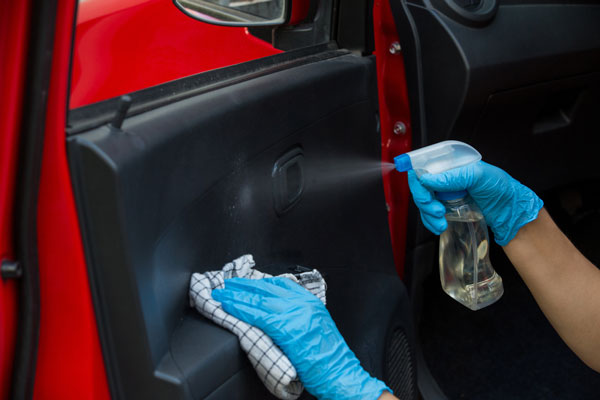FCAI urges drivers to improve vehicle hygiene standards
The Federal Chamber of Automotive Industries (FCAI) is urging drivers to increase vehicle hygiene practices as state and federal governments continue to look at ways we can minimise the potential spread of COVID-19 heading into Easter.
With Australians moving away from public transport in favour of cars to conduct essential travel, FCAI Chief Executive Tony Weber says car users must remain aware of their hygiene responsibilities even when using their own vehicle.
“Maintaining hygiene can assist in preventing transmission. It is just as important as cleaning any other surface. Cars should be sanitised every time they are entered or exited,” said Weber.
“With common sense and consistency, we can help to limit the spread of coronavirus and mitigate the impact of disrupting essential mobility.”

To help drivers maintain good hygiene practice, the FCAI have provided a list of hygiene protocols that can be followed, including:
- Use disinfectant wipes to clean ‘high-contact’ surfaces in cars every time they are used, including door handles, steering wheels, gear shift knobs, shift paddles, indicator and wiper stalks and entertainment or navigation systems.
- Vehicle key fobs, seats, interior grab handles, doors, armrests, additional display screens, cup holders and air conditioning vents could also be wiped down after vehicle use.
- Limit vehicle passengers as much as possible to maximise social distance.
- Take care not to damage vinyl, plastic, paint or other surface coatings with aggressive chemicals like bleach, hydrogen peroxide or high concentration alcohol sanitiser. While these chemicals will disinfect the surface, they may discolour them or remove surface coatings.
- Take particular care when refuelling vehicle and ensure that hands a rewashed or sanitised after handling fuel pumps and touching cash or EFT terminals and any other public surfaces during the transaction.
8 April 2020









